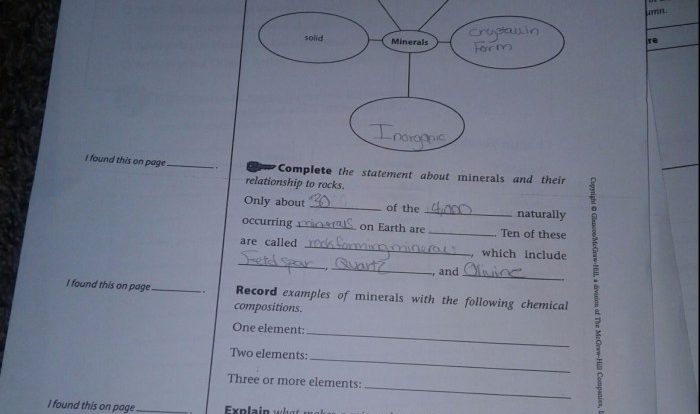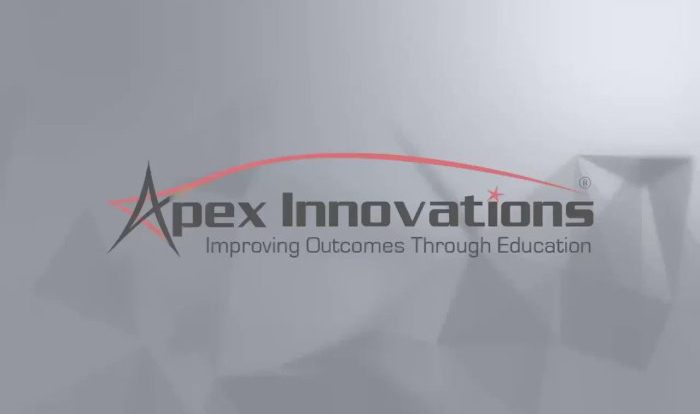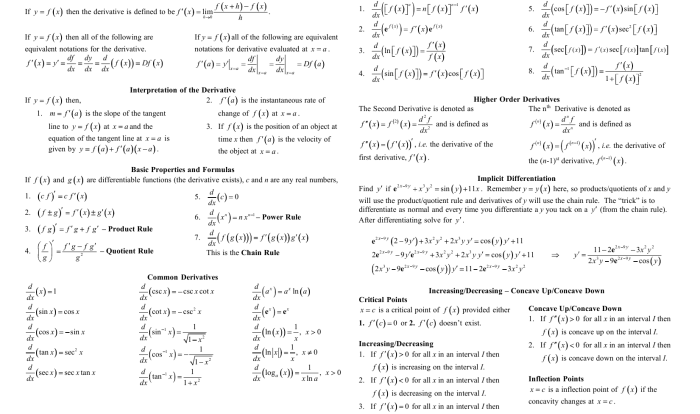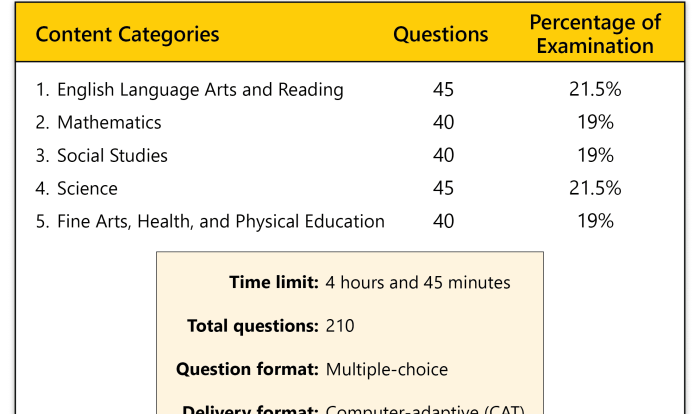Texes core subjects 4 8 – In the tapestry of Texas education, TEXES Core Subjects 4-8 stand as vibrant threads, shaping the minds of young learners. From the pages of literature to the complexities of science, these subjects ignite a passion for knowledge and lay the foundation for future success.
Join us as we delve into the heart of this curriculum, exploring its significance, content, and strategies for effective teaching.
TEXES Core Subjects 4-8 encompass Reading and Language Arts, Mathematics, Science, and Social Studies, each designed to foster essential skills and nurture a lifelong love of learning.
Core Subjects in Texas Education
In the Texas education system, core subjects hold paramount importance as they lay the foundation for students’ academic success and overall development. These subjects provide the essential knowledge and skills that students need to thrive in higher education, the workplace, and beyond.
Significance of Core Subjects
Core subjects are crucial for several reasons. First, they equip students with the fundamental skills necessary for critical thinking, problem-solving, and effective communication. These skills are essential for navigating the complexities of the modern world and making informed decisions.
Secondly, core subjects foster a deep understanding of the world around us. They provide students with a comprehensive perspective on history, science, mathematics, and language, enabling them to appreciate the interconnectedness of different disciplines.
Finally, core subjects promote intellectual curiosity and a lifelong love of learning. By exposing students to a wide range of topics and perspectives, they cultivate a desire to explore and understand the world more fully.
Focus on Core Subjects in Grades 4-8
The focus on core subjects in grades 4-8 is intentional and strategic. During these formative years, students are at a critical stage of cognitive and social development. They are developing the foundational skills and knowledge that will serve them well throughout their academic careers.
By emphasizing core subjects during this period, Texas educators aim to ensure that students have a solid foundation in the essential disciplines. This strong foundation will empower them to tackle more complex and challenging material in high school and beyond.
Reading and Language Arts

Reading and Language Arts in Texas for grades 4-8 emphasize developing students’ literacy skills in reading, writing, speaking, and listening. The curriculum focuses on comprehension, critical thinking, vocabulary development, and grammar.The Reading and Language Arts curriculum is designed to help students become proficient readers and effective communicators.
Students learn to read and comprehend a variety of texts, including fiction, nonfiction, poetry, and drama. They also learn to write different types of texts, including essays, stories, and poems. Students also develop their speaking and listening skills through class discussions, presentations, and debates.
Skills and Concepts Covered, Texes core subjects 4 8
The Reading and Language Arts curriculum in Texas for grades 4-8 covers a wide range of skills and concepts, including:
- Reading comprehension
- Critical thinking
- Vocabulary development
- Grammar
- Writing
- Speaking
- Listening
Mathematics

Mathematics in Texas for grades 4-8 focuses on developing students’ mathematical proficiency, including problem-solving, critical thinking, and communication skills. The curriculum emphasizes the understanding of mathematical concepts, their applications, and the development of problem-solving strategies.
Mathematical Concepts and Problem-Solving Strategies
In grades 4-8, students engage with a wide range of mathematical concepts and problem-solving strategies. These include:
- Number and operations: Place value, number sense, operations with whole numbers, fractions, decimals, and integers.
- Measurement and data: Measurement units, data collection, data analysis, and probability.
- Geometry: Properties of shapes, measurement of angles, area, volume, and transformations.
- Algebraic reasoning: Patterns, equations, and inequalities.
- Problem-solving strategies: Using manipulatives, drawing representations, making connections, and using technology.
Science
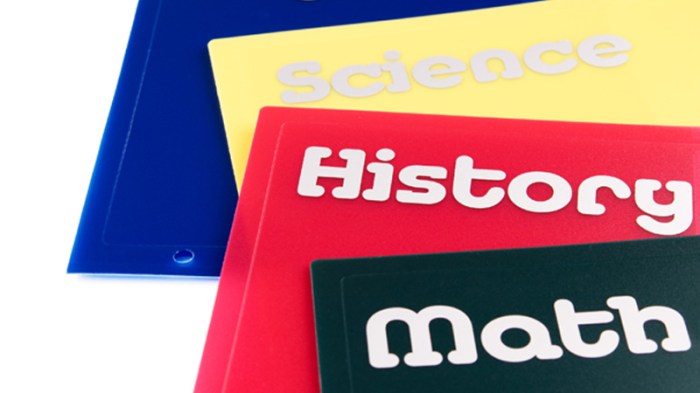
The Texas science curriculum for grades 4-8 focuses on developing students’ scientific literacy and inquiry skills. Students learn about the scientific method, the nature of science, and the major branches of science, including life science, earth science, and physical science.
Scientific Inquiry Process
The scientific inquiry process is a systematic approach to investigating and understanding the natural world. Students learn to ask questions, make observations, form hypotheses, conduct experiments, analyze data, and draw conclusions.
Key Science Concepts
The key science concepts covered in grades 4-8 include:
- Life science: the structure and function of living organisms, ecosystems, and the processes of life
- Earth science: the Earth’s systems, the history of the Earth, and the interactions between the Earth and its inhabitants
- Physical science: the properties of matter, the forces of nature, and the interactions between energy and matter
Social Studies
The Texas social studies curriculum for grades 4-8 is designed to help students develop an understanding of the history, geography, and civics of Texas and the United States. The curriculum is based on the Texas Essential Knowledge and Skills (TEKS) and is divided into four strands: history, geography, economics, and government.
The history strand covers the history of Texas from the arrival of the first Native Americans to the present day. The geography strand covers the physical and human geography of Texas and the United States. The economics strand covers the basic principles of economics and how they apply to Texas and the United States.
The government strand covers the structure and function of the Texas and United States governments.
Historical Events
Some of the historical events that are taught in the Texas social studies curriculum for grades 4-8 include:
- The arrival of the first Native Americans in Texas
- The exploration of Texas by Spanish explorers
- The Mexican War
- The Texas Revolution
- The Civil War
- The Reconstruction Era
- The Great Depression
- World War II
- The Cold War
- The Civil Rights Movement
- The Vietnam War
- The Watergate Scandal
- The fall of the Berlin Wall
- The Gulf War
- The War on Terror
Geographical Concepts
Some of the geographical concepts that are taught in the Texas social studies curriculum for grades 4-8 include:
- The five regions of Texas
- The major rivers and mountains of Texas
- The climate of Texas
- The natural resources of Texas
- The population of Texas
- The economy of Texas
- The major cities of Texas
- The location of Texas in the United States
- The major physical features of the United States
- The climate of the United States
- The natural resources of the United States
- The population of the United States
- The economy of the United States
- The major cities of the United States
Civic Responsibilities
Some of the civic responsibilities that are taught in the Texas social studies curriculum for grades 4-8 include:
- Voting
- Running for office
- Serving on a jury
- Paying taxes
- Obeying the law
- Respecting the rights of others
- Participating in the community
- Being informed about current events
- Understanding the importance of the Constitution
- Being a good citizen
Assessment and Evaluation
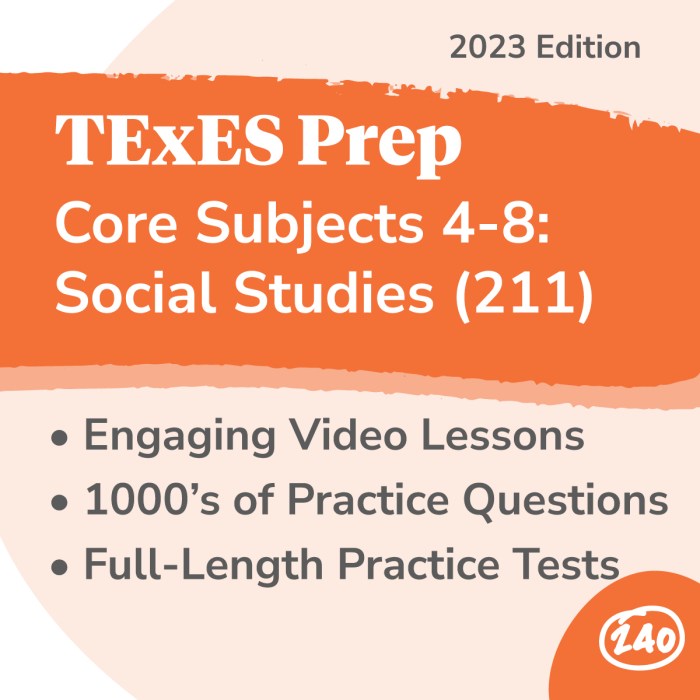
In Texas, student progress in core subjects is measured through a comprehensive assessment and evaluation system. This system utilizes both standardized testing and classroom assessments to provide a holistic view of student learning and growth.
Standardized Testing
Standardized testing plays a crucial role in assessing student achievement in Texas. The State of Texas Assessments of Academic Readiness (STAAR) are administered annually to students in grades 3-12 in reading, mathematics, writing, science, and social studies. STAAR results provide valuable data for educators, parents, and policymakers to track student progress and identify areas for improvement.
Classroom Assessments
Classroom assessments are an integral part of the assessment and evaluation process in Texas. These assessments are designed by teachers to measure student learning and progress throughout the school year. Classroom assessments can include a variety of formats, such as quizzes, tests, projects, and portfolios.
They provide teachers with ongoing feedback on student understanding and allow them to adjust instruction accordingly.
When tackling the challenges of the TEXES Core Subjects 4-8 exam, it’s always helpful to seek additional resources. In this vein, we recommend checking out the amsco ap gov answer key for insights and guidance. By incorporating this resource into your study plan, you can enhance your understanding of the core subjects covered in the TEXES exam and boost your chances of success.
al Strategies
Effective al strategies are essential for teaching core subjects in grades 4-8. These strategies help students develop critical thinking skills, problem-solving abilities, and a deep understanding of the subject matter.
One effective al strategy is the use of graphic organizers. Graphic organizers help students visually represent information, which can make it easier for them to understand and remember. For example, a Venn diagram can be used to compare and contrast two different concepts, while a mind map can be used to organize information about a particular topic.
Differentiated
Differentiated is another important al strategy. This means tailoring instruction to meet the individual needs of students. For example, a teacher might provide more support to students who are struggling with a particular concept, or they might challenge students who are ahead of the class with more advanced material.
Use of Technology in the Classroom
Technology can also be a valuable tool in the classroom. Interactive whiteboards, tablets, and computers can be used to engage students in learning, provide access to online resources, and facilitate collaboration. For example, a teacher might use an interactive whiteboard to lead a class discussion, or they might have students use tablets to research a particular topic.
Resources for Teachers and Students

In the ever-evolving educational landscape, teachers and students alike benefit from a wide range of resources designed to enhance learning in core subjects. These resources include online platforms, educational games, and supplemental materials, all aimed at supporting effective teaching and fostering student engagement.
Online Platforms
Online platforms provide a wealth of resources for teachers and students, including lesson plans, interactive activities, and access to educational content. These platforms often align with specific curricula and standards, making them a valuable tool for teachers looking to supplement their instruction.
For students, online platforms offer opportunities for independent learning, reinforcement of concepts, and personalized support.
Educational Games
Educational games are an engaging and interactive way to reinforce concepts and make learning fun. These games often incorporate gamification elements, such as points, rewards, and leaderboards, to motivate students and foster a competitive spirit. By incorporating educational games into their lessons, teachers can create a more dynamic and engaging learning environment.
Supplemental Materials
Supplemental materials, such as textbooks, workbooks, and online resources, provide additional support for teachers and students. These materials can be used to reinforce concepts, provide practice opportunities, and cater to diverse learning styles. Teachers can use supplemental materials to differentiate instruction and meet the individual needs of their students.
FAQ Section: Texes Core Subjects 4 8
What is the rationale behind focusing on TEXES Core Subjects 4-8?
TEXES Core Subjects 4-8 are essential for developing foundational skills in literacy, numeracy, scientific inquiry, and civic responsibility, which are crucial for students’ academic success and future endeavors.
What are some effective teaching strategies for TEXES Core Subjects 4-8?
Effective teaching strategies include differentiated instruction, incorporating technology, hands-on activities, project-based learning, and creating a supportive and engaging learning environment.
Where can I find resources to support teaching and learning in TEXES Core Subjects 4-8?
There are numerous resources available online, including the Texas Education Agency website, educational platforms like Khan Academy and IXL, and teacher communities and forums.
